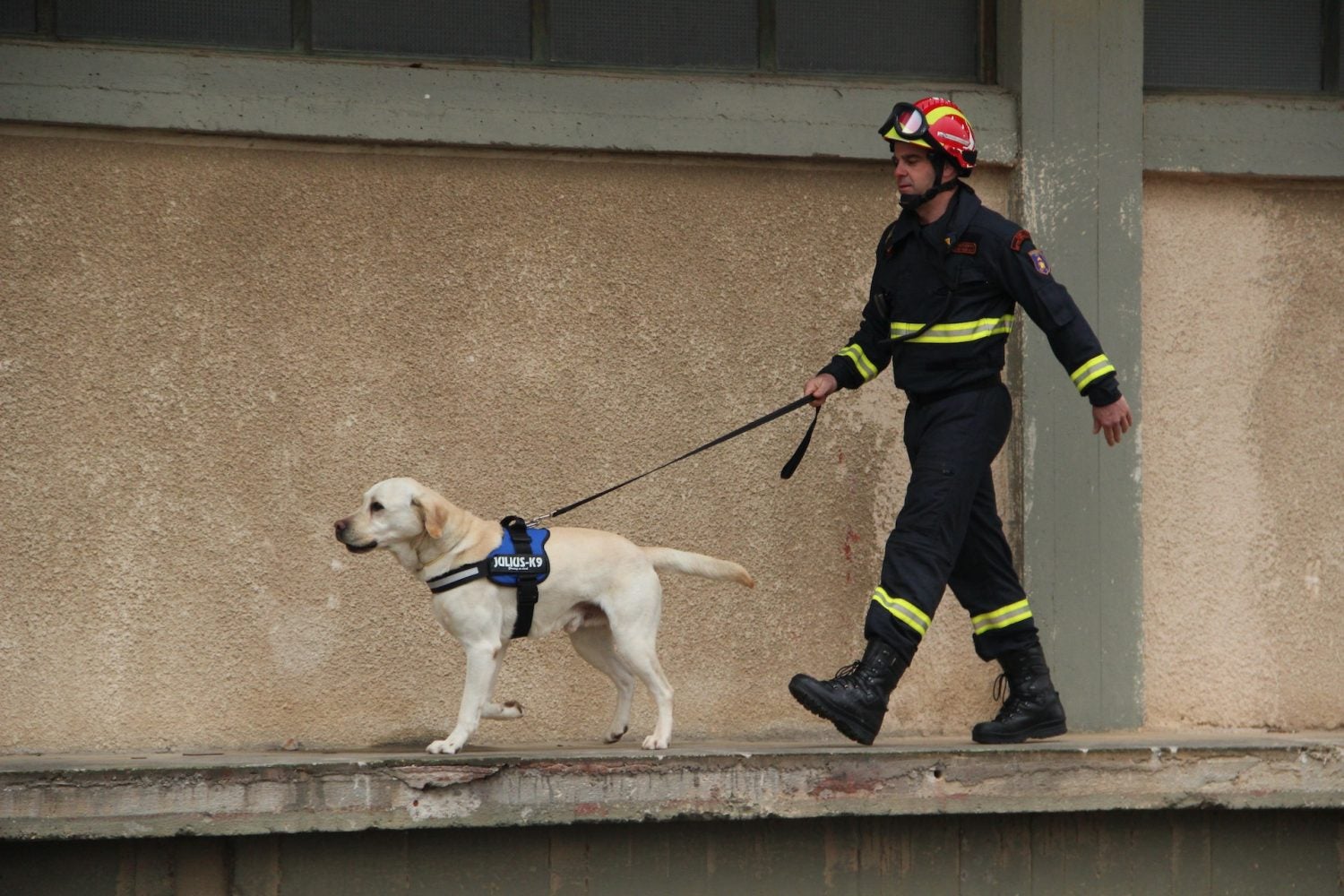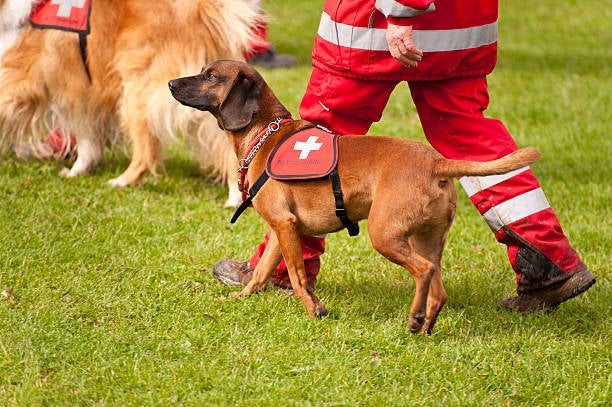Adopting a rescue dog can be a rewarding and life-changing experience. Rescue dogs have so much love to give and can provide years of loyalty and companionship. They come from all walks of life, from puppies to seniors, tiny breeds to large breeds, and even special needs dogs. Whether you are looking for a new best friend or a furry addition to the family, adopting a rescue dog can bring a lot of joy to your life.
Ask Around At Local Shelters
The first step in finding a rescue dog is researching shelters in your area. Shelters always need volunteers to help with the intake process, and many will have animal temperament assessments available for you to take. Ask around at your local shelter and see if anyone knows of any good rescue organizations in your area.
Talk To A Local Veterinarian
Talking to a local veterinarian is a great way to get a better understanding of what it takes to care for a rescue dog. Your vet can provide advice on nutrition, vet care, and general care tips to make sure your pup is happy and healthy. It is also important to stay in your area when looking for a rescue dog. For example, if you live in Knoxville, TN, you can look for rescues in the area and will already have easy access to the vet if needed. Having easy access to medical care for your rescue pup is essential for their health and well-being.
Visit A Rescue Organization
Once you have located a few potential rescue dogs, it’s time to visit them in person! Many shelters will allow visitors during specific hours, so check the website or call ahead. It’s also important to note that some rescue organizations charge a fee for visits.
Get A Temperament Assessment
One of the most important factors when adopting a rescue dog is temperament. Before bringing a new dog home, it is important to get a temperament assessment done. This will give you an idea of the dog’s personality and how well he or she would adapt to living with other animals and people in your home.
Study The Dog’s Body Language
Another important factor to consider when adopting a rescue dog is his or her body language. Studying the dog’s stance, movement, and facial expressions will give you a better understanding of how he or she is feeling. This information can help you determine if the dog would be compatible with your lifestyle.
Check The Breed Registry
Before taking any action on any of the information provided above, it is important to make sure that the dog you are considering is up-to-date on his breed registry information. This will ensure that he or she is eligible for adoption by a reputable organization, as well as prevent you from adopting an animal that may be difficult to care for because he or she is not suited for certain activities such as hiking or swimming.
Visit Rescue Organizations And Rescue Websites
Visiting rescue organizations and rescue websites are great ways to find a rescue dog that fits your lifestyle and family. Rescue organizations and websites often feature detailed information about the dogs they have available, including photos, age, size, breed, and more. You can also read about the organization’s mission and find out more about the adoption process.
These websites are often a great way to find out about special needs dogs, and most will have contact information for the organization in case you have any questions. Additionally, some rescue organizations host adoption events, so you can meet the dogs in person before making a decision. Visiting rescue organizations and rescue websites is a great way to find the perfect rescue pup for your home.
Research The Essentials For Taking Care Of A Rescue Dog
Research the essentials for taking care of a rescue dog, such as food, exercise, training, and health care. If you are interested in adopting a puppy, research how to properly potty train a puppy. If you are interested in adopting an adult dog, research how to properly train an adult dog. If you are interested in adopting an older dog, research how to properly train an older dog. If you are interested in adopting an adult dog with an existing medical condition, research how to properly train an adult dog with an existing medical condition.
Finding the right rescue dog for you is an important step in the adoption process. Your veterinarian can help you understand what type of health care and grooming a rescue dog may need. Taking care of a rescue dog takes a lot of responsibility, so be prepared by researching what you need to know before you bring a new dog home.


















